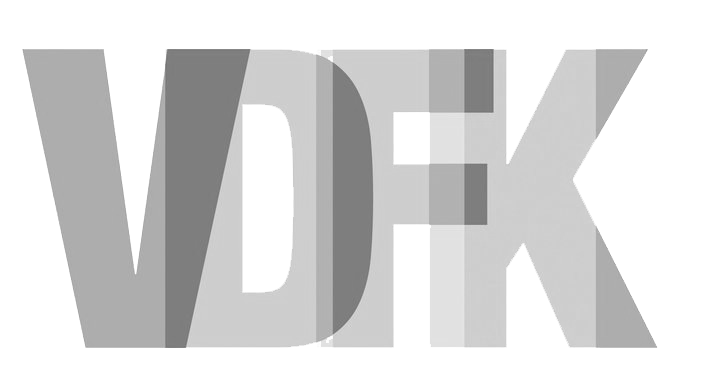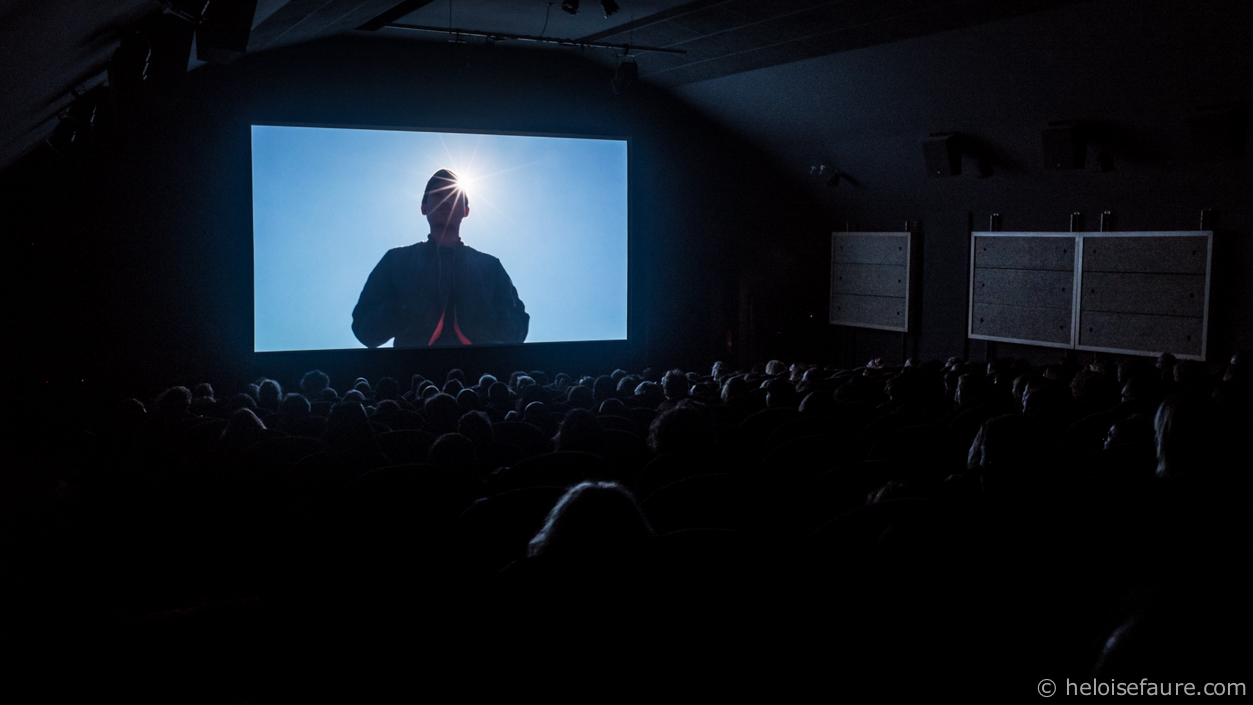All Guests of the Berlin Critics’ Week 2020
Cinematographer Hélène Louvart and curator Dennis Lim discuss cinematic elegance; director Karim Aïnouz meets screenwriter and critic Mathieu Landais S.C.R.I.B.E. to explore questions of proximity, distance and excess. The critics Neil Young and Xanaé Bove, as well as Senem Aytaç and Wilfred Okiche, engage in debates. Author and critic Girish Shambu negotiates cinephile self-provocation with TIFF Discovery programmer Dorota Lech. From the director’s perspective, Camilo Restrepo and Paula Gaitán discuss cinematic rhythms with the critic Lucía Salas. And the Critics’ Week attends its own event as a guest.
Auto Agitation
Thu. 20.2.
On the first evening of this year’s film programme at the Hackesche Höfe cinema, we again invite a conference guest to comment on the programme. Girish Shambu (Film Quarterly, www.girishshambu.net) is committed to a decentralised film culture and founded the web journal “Lola” together with Adrian Martin. He is tasked to present the theses on new cinephilia that he has developed over the years in relation to the motto of the evening: Auto Agitation. Together with the evening’s filmmakers, Ivana Mladenovic (“Ivana the Terrible”) and Oliver Bassemir (“[Bordeaux], ma bile”), he will discuss what their films have to do with self-provocation and self-reflection, and how artists can turn their politics into their material. Their conversation will be joined by TIFF Discovery programmer Dorota Lech who is confronted on a regular basis with questions of how to frame cinema both on a political and curatorial level.
Moderator: Nino Klingler
Trouble Feature
Fri. 21.2.
Film critic Andrey Arnold (Die Presse, Jugend ohne Film, Perlentaucher, Kolik.Film) and film scholar and critic Martin Thomson (Schnitt, Falter, Die Presse) represent the curatorial group Diskollektiv, which regularly hosts Trouble Features – at festivals such as the Diagonale and Crossing Europe, for example. They not only chose the surprise film shown on this evening, but are also moderating the subsequent discussion, in which the members of the of Critics’ Week programming team Dunja Bialas, Devika Girish and Frédéric Jaeger sit on the podium as guests. Together with the directing duo Silvia Maglioni and Graeme Thomson (“Common Birds”), they will discuss curatorial routines and their film’s relationship to the surprise contribution. The first-time inclusion of an external curatorial position at the Critics’ Week is understood as a conceptual continuation of this year’s “Cinema plural” conference.
Unreal Elegance
Sat. 22.2.
From “Happy as Lazzaro” (Alice Rohrwacher) to “Beach Rats” (Eliza Hittman) and “Pina” (Wim Wenders), French cinematographer Hélène Louvart has authored some of cinema’s most tender and exciting images in recent decades. In the 2020 Berlinale Competition, she is even represented with two films. She talks to Dennis Lim, director of programming at the New York Film Society of Lincoln Center, about cinematic stylisations and how they relate to working with found material such as real settings and protagonists. The critic and curator is, among other things, a member of the New York Film Festival’s selection committee and co-head of the New Directors/New Films programming team. Lim and Louvart meet with Sebastián Lojo (director of “Los Fantasmas”).
Moderation: Devika Girish
Critics’ Debate
Sun. 23.2.
The first debate of the Critics’ Week 2020 will be devoted to the films of Abba Makama (“The Lost Okoroshi”) and Affonso Uchoa (“Seven Years in May”). Wilfred Okiche (YNaija, Variety, Indiewire, MUBI Notebook), one of the most exciting young voices in Nigerian film criticism, has already engaged with Abba Makama’s work as a director on several occasions, recently interviewing him for the Australian online magazine Senses of Cinema – the title of the interview: “Dreamscapes and Masquerades”. Sitting opposite him on the evening is Senem Aytaç, who turned to cinema after starting her career in psychology and is already appearing at this year’s Critics’ Week as a participant in the opening conference. Together with her film collective “Altyazi”, she advocates a free film culture in Turkey and was editor of the film magazine of the same name for over ten years.
Moderator: Dana Linssen
Collapsing Distance
Tue. 25.2.
The Brazilian-Algerian director Karim Aïnouz, who last premiered his great melodrama “The Invisible Life of Eurídice Gusmão” in Cannes, is no less passionate as a documentary filmmaker. In 2020, he is represented in the Berlinale section Panorama Documents with “Nardjes A.” At the Critics’ Week, he meets screenwriter and film critic Mathieu Landais S.C.R.I.B.E. (La Septième Obsession), who developed “The Smell of Us” together with Larry Clark. Testing the correlation between sociological studies and great affects was one of the experiences of their joint work. They talk to Valentina Pedicini (director of “Faith”) and Helena Wittmann (cinematographer of “Whole Days Together” by Luise Donschen) about playing with closeness and distance, and about working with protagonists that win you over.
Moderation: Dennis Vetter
Critics’ Debate
Wed. 26.02.
In the debate on “Dogs Barking at Birds” and “Punch-Drunk Boxer”, the British film critic Neil Young meets with the French film critic Xanaé Bove. Neil Young’s texts have been published by The Hollywood Reporter, Sight & Sound, Tribune (London) and MUBI Notebook, among others. He has also been making short films for years and in 2019 translated his work into moving images in the found footage film “Rihaction”. Xanaé Bove writes for Culturopoing and Gonzaï, among others, and has contributed to an anthology on Hal Hartley. She studied film in St. Denis and screenwriting at the film school La Fémis. She has directed a dozen short films that straddle the border between fiction and experimental film. She made her feature debut in 2016 with the documentary “Ex-Taz”.
Moderation: Dennis Vetter
Slow Cinema Fast
Thu. 27.2.
Camilo Restrepo (“La Bouche”, WdK 2019), from Colombia, regularly works with the Paris-based film laboratory L’Abominable and shoots on analogue material. Through his own film language, he explores the connections between bodies and rhythms, as well as the political ideas that arise from both. This year, he will present his first feature film, “Los conductos”, at the Berlinale and we’ve invited him on stage on our final evening to discuss the concept of Slow Cinema. He will negotiate questions of speed, duration and what such labels are all about with Argentinean film critic, curator and filmmaker Lucía Salas. She is editor and author of the film magazine “La vida util” and has worked for the festivals Mar del Plata, Rotterdam, Transcinema and BAFICI, among others. She is also co-director of the non-fiction feature film “Implantación” (2016) and several short films. The third member of the group is the Paris-born director Paula Gaitán, who lives in Brazil and can look back on over three decades of filmmaking, short and long works, series, installations and documentaries on Éliane Radigue, Ken Jacobs and Agnès Varda, among others. Her latest work, which will be screened at the Berlinale Forum in 2020, is over four hours long. The discussion will be based on the evening’s films: “Malembe” by Luis Arnías and “For the Time Being” by Salka Tiziana, who will also take part in the discussion.
Moderator: Frédéric Jaeger

